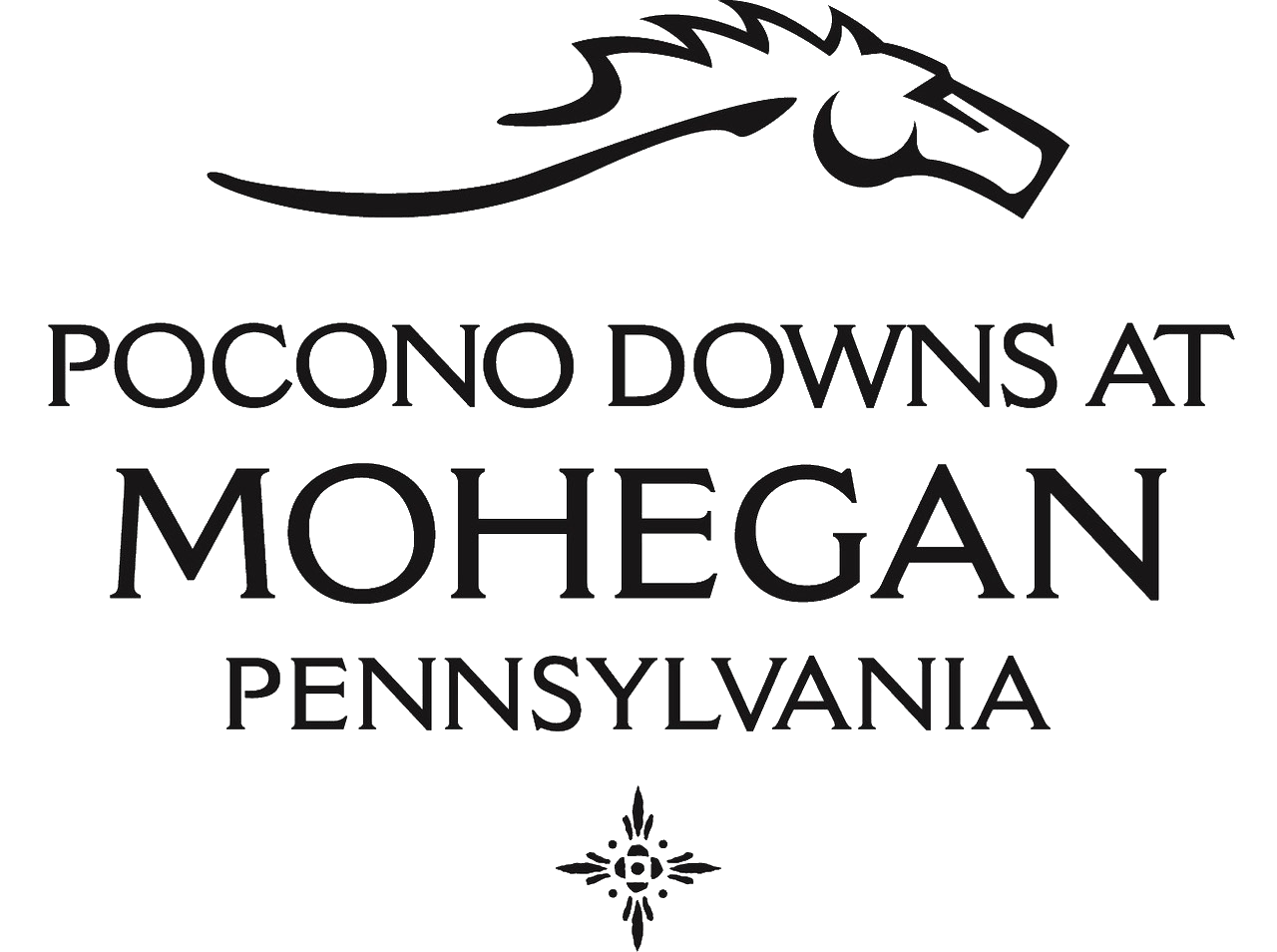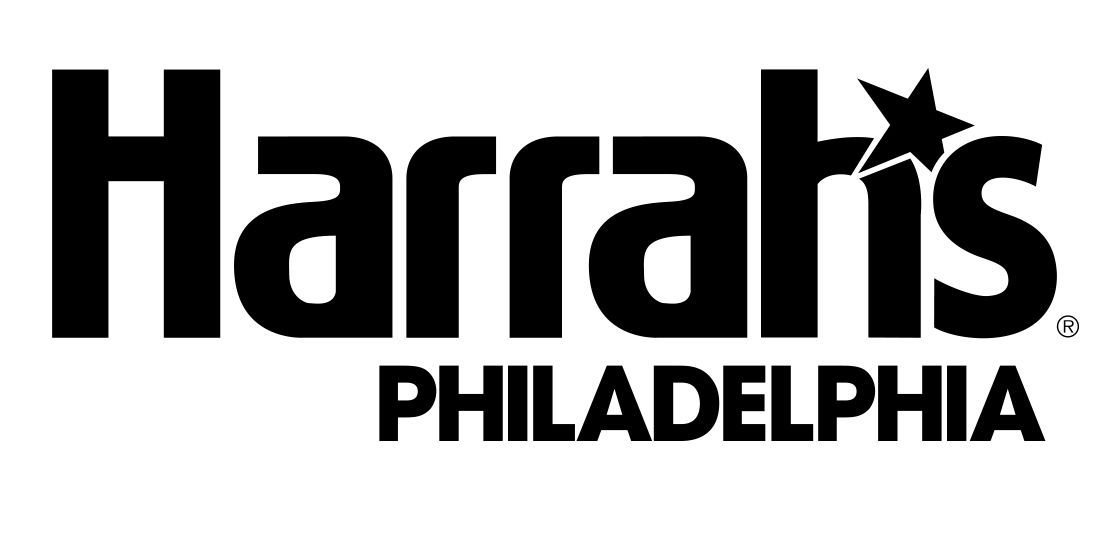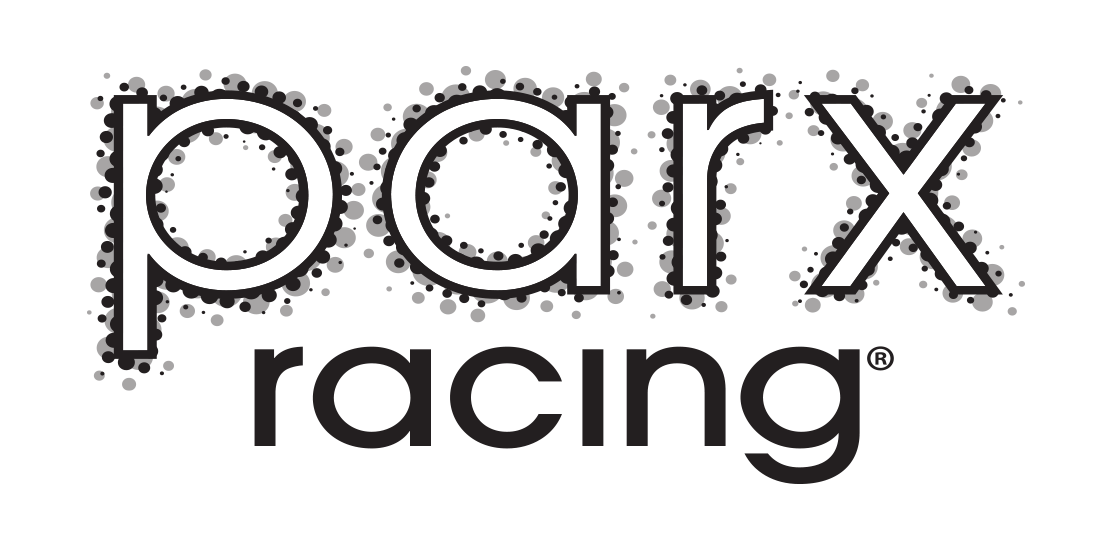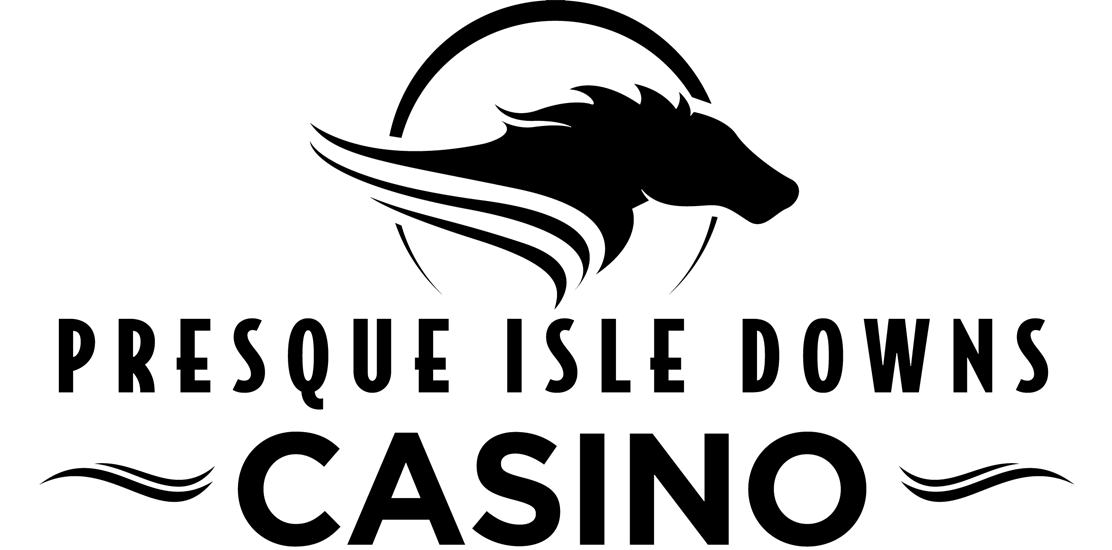If you enjoy mushroom soup, and mushroom omelets, or fried mushrooms, you can thank Pennsylvania’s horse industry for the part it plays in growing mushrooms. According to the Department of Agriculture, Pennsylvania leads the nation in mushroom production, and a key factor in growing mushrooms is straw horse bedding. Instead of being a waste product at the state’s race tracks and breeding farms, straw horse bedding is a valuable resource.
The equine industry contributes to the agriculture industry in Pennsylvania directly and indirectly by preserving open spaces and farm land, creating thousands of jobs, manufacturing feeds and growing hay and straw, manufacturing and selling farm tractors and machinery, growing mushrooms, and offering agricultural programs, veterinary education, and research opportunities at Pennsylvania’s top universities.
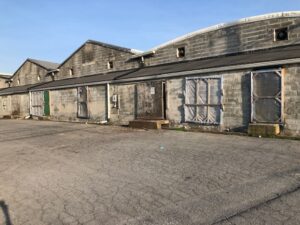
The mushroom industry is a master at recycling. They practice sustainable farming methods that safeguard the environment by limiting water use, using byproducts from the horse industry, producing a high yield crop from a small area, and using their waste to make compost. Pennsylvania produces over 60% of the country’s mushrooms, and the largest concentration of growers is located within a 25 mile radius of Kennett Square, Chester County, PA.
Nearby, in Berks County, Georgi Mushroom Company produces over 180M pounds of mushrooms yearly. Mushrooms are grown indoors in growing houses in low light. They grow in compost or substrate made from straw horse bedding. “We have 5 farms, and we prefer the straw bedding, and we all share the compost piles. We mix the compost with other ingredients and add water and heat pasteurize it in a 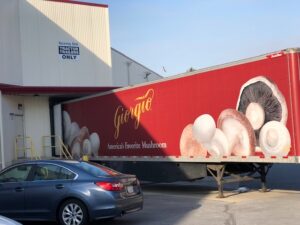 tunnel before it’s used,” explained Kim Paley, QA farm manager at Georgi Mushrooms. “Trucking companies pick up the straw bedding from farms and race tracks and deliver it here to us. They unload it on the compost pile for us to use as needed. We don’t waste anything. We can recycle some of the waste water, and when we harvest the mushrooms, we take the leftover substrate and turn it into mushroom compost. You can buy it at your local garden store, and farmers use it on their hay fields and pastures. For the horse industry, the process comes full circle because first, we use the straw bedding to grow the mushrooms, and at the end of the harvest, we make the compost, and farmers spread the compost on their fields to grow hay that feeds the horses, and the cycle begins again,” said Paley.
tunnel before it’s used,” explained Kim Paley, QA farm manager at Georgi Mushrooms. “Trucking companies pick up the straw bedding from farms and race tracks and deliver it here to us. They unload it on the compost pile for us to use as needed. We don’t waste anything. We can recycle some of the waste water, and when we harvest the mushrooms, we take the leftover substrate and turn it into mushroom compost. You can buy it at your local garden store, and farmers use it on their hay fields and pastures. For the horse industry, the process comes full circle because first, we use the straw bedding to grow the mushrooms, and at the end of the harvest, we make the compost, and farmers spread the compost on their fields to grow hay that feeds the horses, and the cycle begins again,” said Paley.
According to Franco Giorgio, owner of Silvana Trucking, “I just pick up straw horse bedding from the area race tracks and farms. Whenever there’s enough for a tractor trailer load, I pick it up from breeding farms, training centers, and race tracks. Then I deliver it to the mushroom farms in the area, like Georgi Mushrooms in Blandon, PA. I’m a certified manure broker.”
The cycle continues when hay farmers spread the mushroom compost on their fields with their farm equipment manufactured in PA. Founded in New Holland, PA in 1895 to help local farmers, the now global company, New Holland Equipment still manufactures machinery and farm implements in New Holland, PA.
Farming is the backbone of Pennsylvania’s economy, and according to the USDA, sustainable agriculture practices are meant to protect our environment while preserving open spaces. Hay, soybeans, and corn are top crops in PA and applying mushroom compost to the fields helps to maintain and improve soil fertility.
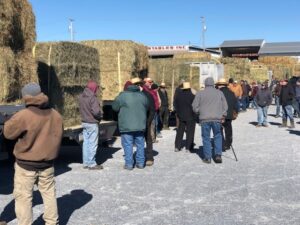
Pennsylvania’s crop lands are being lost to industrial development, so the demand for hay and straw from the horse industry supports local farmers by providing a steady source of income. Hay farmers grow mainly alfalfa, timothy, and other grass hays on farms varying in size from under fifty acres to thousands of acres, and they sell their hay either directly to horse owners and trainers or to hay dealers and brokers, or at public hay and straw auctions. Every Monday, at the New Holland Sales Stables, and every Wednesday in Leola, Wolgemuth Auction conducts live auctions of truckloads of hay and straw. Buyers gather in rain or shine to bid on hay and straw sold by the ton. Loads vary in size, and buyers pay fair market value for the weekly selections.
Pennsylvania’s horse racing and breeding industries are intertwined with the state’s agricultural businesses which help protect the land by replenishing soil, improving water quality with sustainable farming, and retaining our open spaces.
